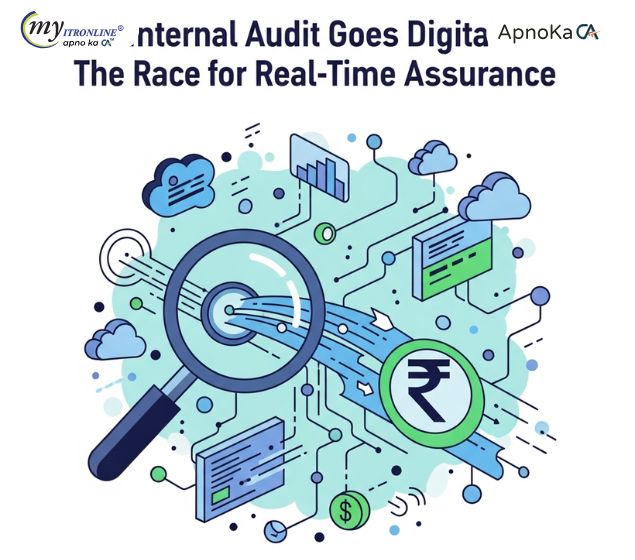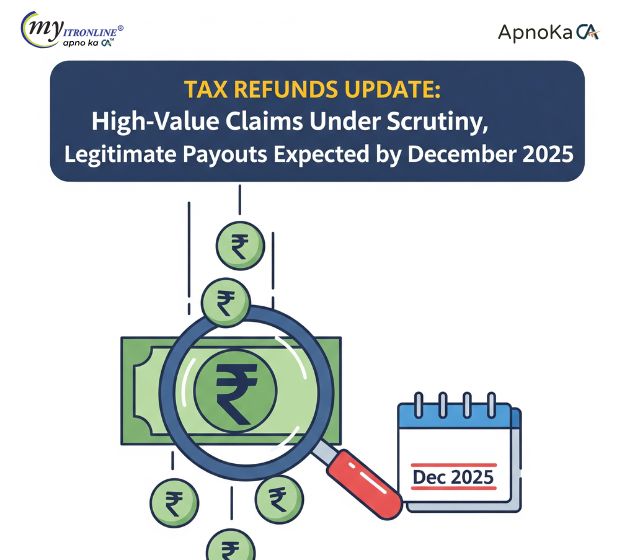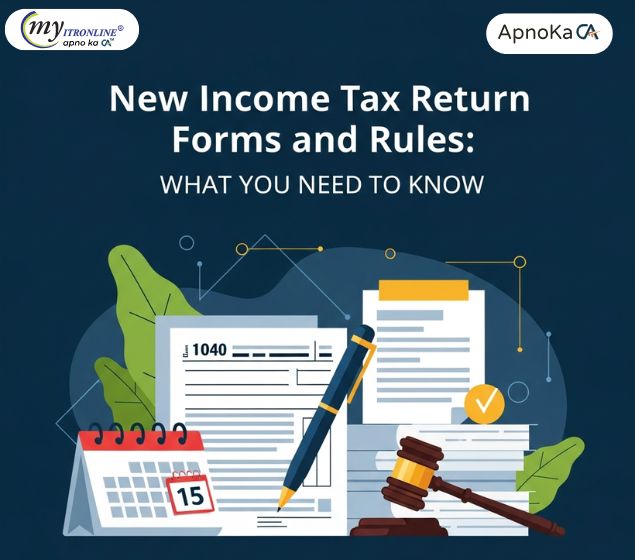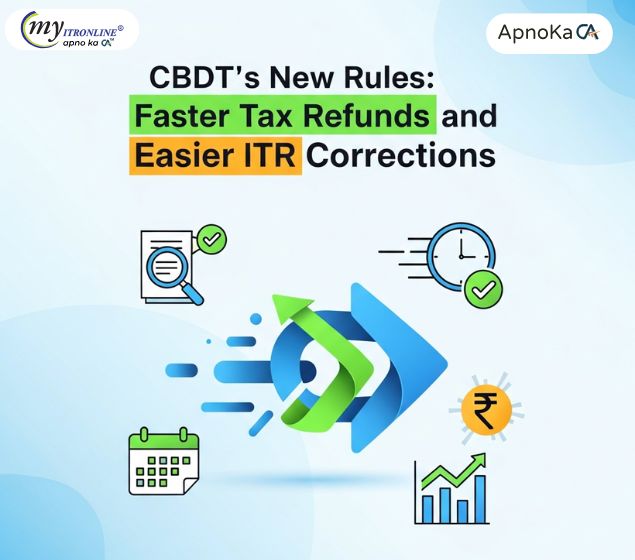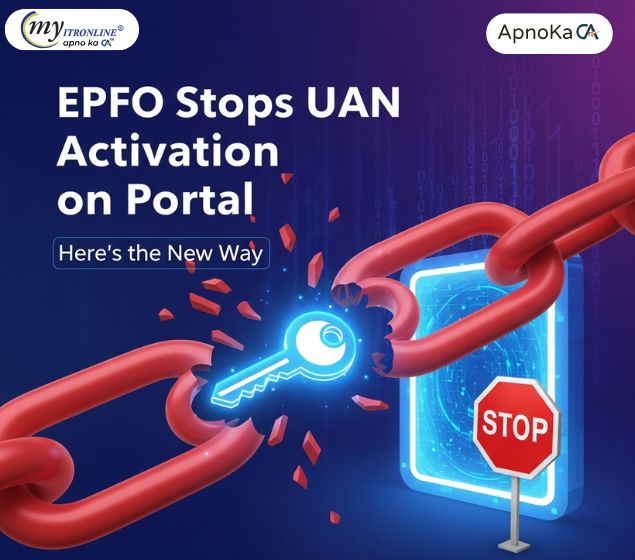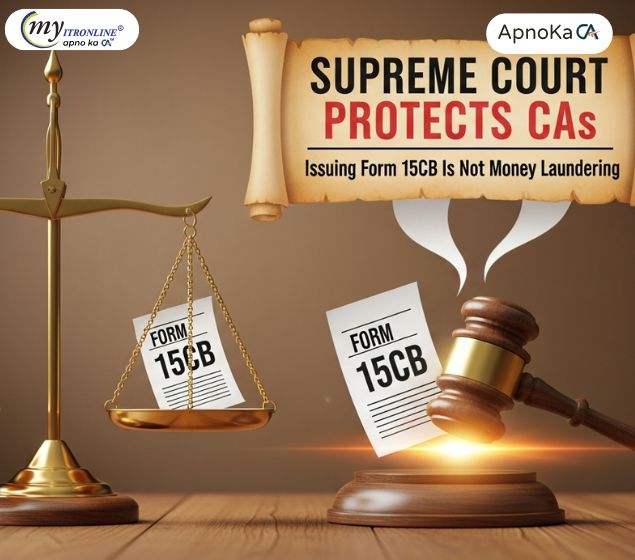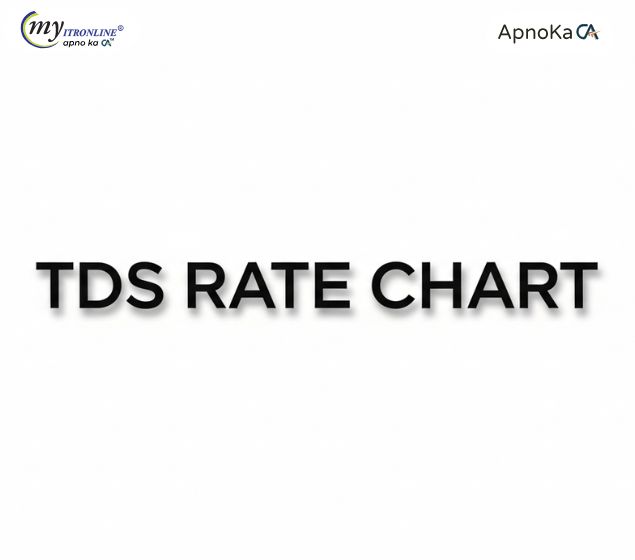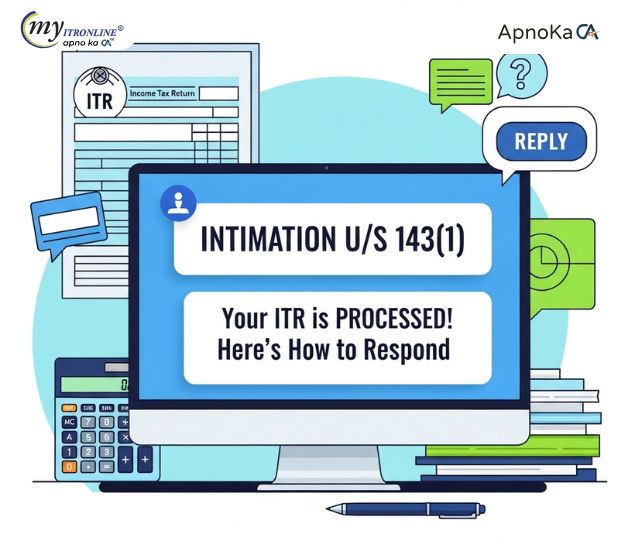Understanding Section 9A: Tax Relief for Offshore Funds and Fund Managers
This article outlines Section 9A of the Income Tax Act, which provides tax benefits to offshore assets managed by Indian fund managers. Learn about the qualifying criteria, compliance standards, and influence on India's investment management business.
.jpg )
Introduction
The taxation of investment funds and fund managers has long been a complicated issue in Indian tax law. To encourage global fund management operations in India without incurring a tax burden for offshore assets, the government added Section 9A to the Income Tax Act of 1961 through the Finance Act of 2015. This clause seeks to guarantee that fund management operations performed by an eligible fund manager on behalf of an eligible investment fund do not result in a "business connection" in India, hence avoiding tax liability for offshore funds.
Purpose of Section 9A
Prior to the implementation of Section 9A, overseas funds were hesitant to employ fund managers in India because they were concerned about establishing a permanent establishment (PE) or "business connection," which may expose them to Indian taxes. This clause offers a safe harbor for qualifying fund managers who handle offshore funds, guaranteeing that their actions in India do not result in a taxable presence.
Key Provisions of Section 9A
Section 9A is divided into sub-sections that largely address the qualifying requirements for investment funds and fund managers. The main clauses are as follows:
1. There is no business connection for eligible investment funds.
According to Section 9A(1), an eligible investment fund managed by an eligible fund manager in India is not considered to have a business link in India only because of fund management activities conducted in India.
2. Eligibility Criteria for Investment Funds (Section 9A(3)).
To qualify as an eligible investment fund, the following requirements must be met:
- The fund should be founded or incorporated outside of India.
- It should not be a tax resident in India.
- The fund should not conduct any control or management operations from India.
- The fund should have at least 25 participants (excluding the fund management and their family).
- A single investor should not possess more than 10% of the fund's total capital.
- The combined participation of Indian residents shall not exceed 5% of total contributions.
- The fund's yearly corpus should be at least INR 100 crore at the conclusion of the fiscal year.
- The fund shall not invest more than 20% of its assets in a single firm.
- It should follow the securities market legislation of its native nation.
- The fund should not conduct any business activity in India.
3. Eligibility Criteria for Fund Managers (Section 9A(4)).
To qualify under Section 9A, a fund manager must meet the following conditions:
- The fund manager must be a resident of India.
- The fund manager should be registered with SEBI (the Securities and Exchange Board of India) or another regulatory body.
- The manager should be involved in fund management in the normal course of business.
- The management should not be linked to the fund or its investors.
- Transfer pricing requirements require that the fund manager's pay be at arm's length price.
- The manager's control or influence over the fund's assets should not exceed 10%.
Implications of Section 9A
- Encouragement for Offshore Funds: The implementation of Section 9A has attracted overseas investment funds to appoint fund managers in India without fear of incurring a tax penalty.
- Growth in the Asset Management Industry: Indian fund managers can now lawfully handle offshore money without incurring tax consequences for overseas investors.
- Tax Clarity and Certainty: This part establishes a clear tax structure for investment funds and fund managers to ensure compliance with global investment standards.
- No Permanent Establishment Risk: By meeting the standards outlined in Section 9A, an offshore fund is not regarded to have a commercial presence in India, allowing it to avoid taxation on revenue earned outside of India.
Compliance and Reporting Requirements
To reap the benefits of Section 9A, the eligible investment fund and fund manager must meet yearly reporting requirements. They must provide a statement of conformity with the Income Tax Department, verifying adherence to all of the criteria outlined in Section 9A.
Challenges and Limitations
- Strict Compliance Requirements: Funds must strictly comply to a number of standards, failing to which may result in tax liabilities in India.
- Regulatory Approvals: Fund managers may need clearance from SEBI and other financial regulators.
- Investment Restrictions: The restriction on single-entity investments, as well as the minimum corpus requirement, may limit investment selection freedom.
Conclusion
Section 9A of the Income Tax Act of 1961 is a crucial step toward making India a worldwide hub for fund management. The tax exemption for overseas money handled by Indian fund managers has boosted India's asset management business. However, funds and managers must rigorously adhere to the qualifying criteria in order to comply with tax legislation.
This part provides a structured environment for foreign investors and fund managers to operate in India without the danger of permanent establishment. By completing the standards mentioned under Section 9A, they may efficiently manage global assets while using India's financial competence.
FILING YOUR INCOME TAX RETURN F.Y 2024-25 (A.Y. 2025-2026) WITH MYITRONLINE
The income tax filing deadline is right around the corner. If you haven’t filed yet, do it today with Myitronline! Avoid last minute rush and file your tax return today on MYITRONLINE in Just 5 mins.(www.myitronline.com)
If you are looking for eCA assistance to file your income tax return/ GST, you can opt for MYITRONLINE eCA assisted plan starting
Upload Salary Individual Form-16
If you have any questions with filing your tax return, please reply to this mail. info@myitronline.com OR call 9971055886,8130309886.
Note-All the aforementioned information in the article is taken from authentic resources and has been published after moderation. Any change in the information other than fact must be believed as a human error. For queries mail us at marketing@myitronline.com
Krishna Gopal Varshney
An editor at apnokacaKrishna Gopal Varshney, Founder & CEO of Myitronline Global Services Private Limited at Delhi. A dedicated and tireless Expert Service Provider for the clients seeking tax filing assistance and all other essential requirements associated with Business/Professional establishment. Connect to us and let us give the Best Support to make you a Success. Visit our website for latest Business News and IT Updates.
Leave a reply
Your email address will not be published. Required fields are marked *Share this article
Krishna Gopal Varshney, Founder & CEO of Myitronline Global Services Private Limited at Delhi. A dedicated and tireless Expert Service Provider for the clients seeking tax filing assistance and all other essential requirements associated with Business/Professional establishment. Connect to us and let us give the Best Support to make you a Success. Visit our website for latest Business News and IT Updates.
View articles









